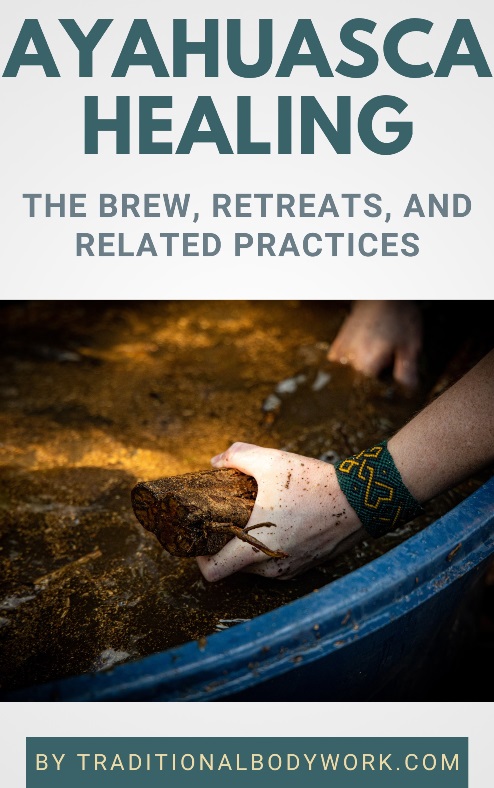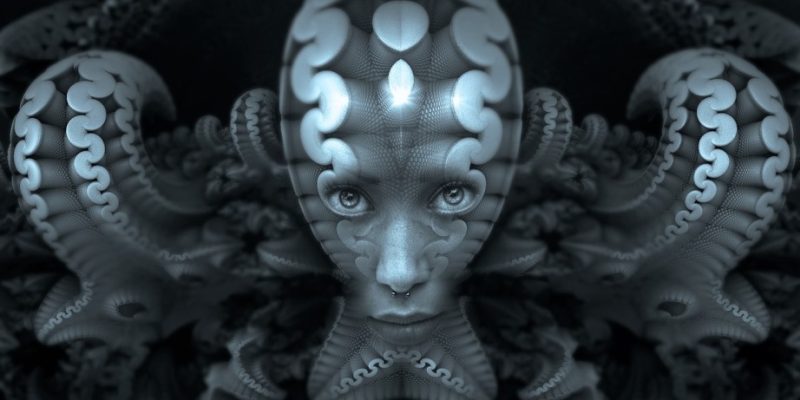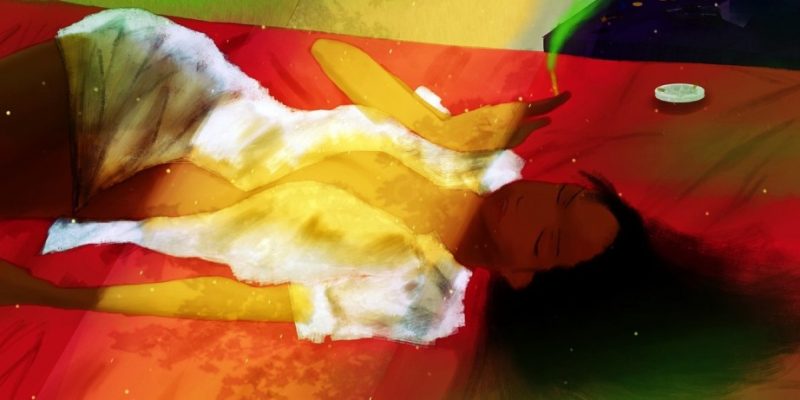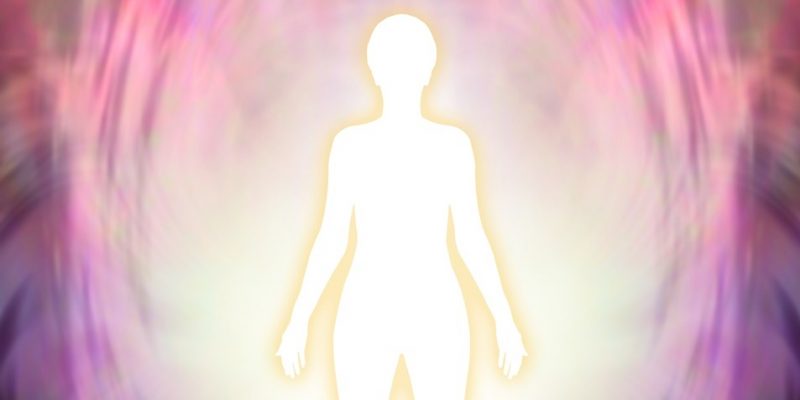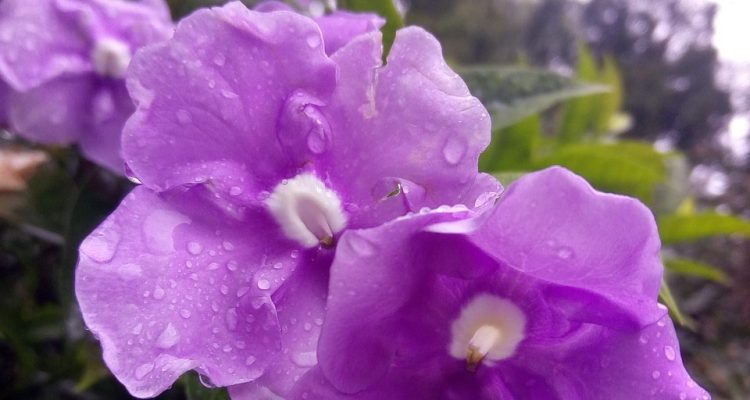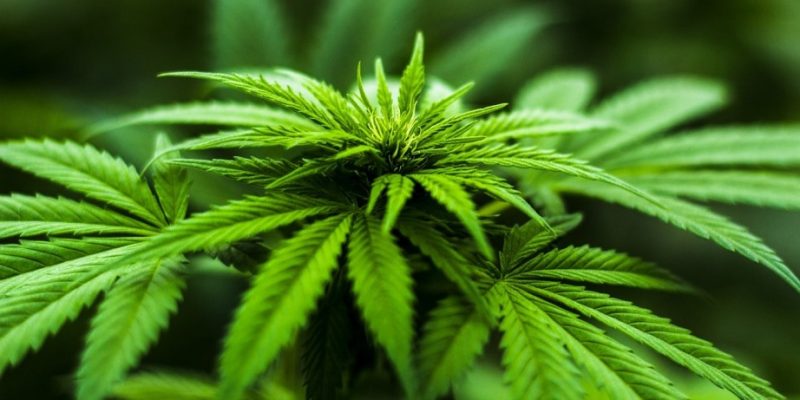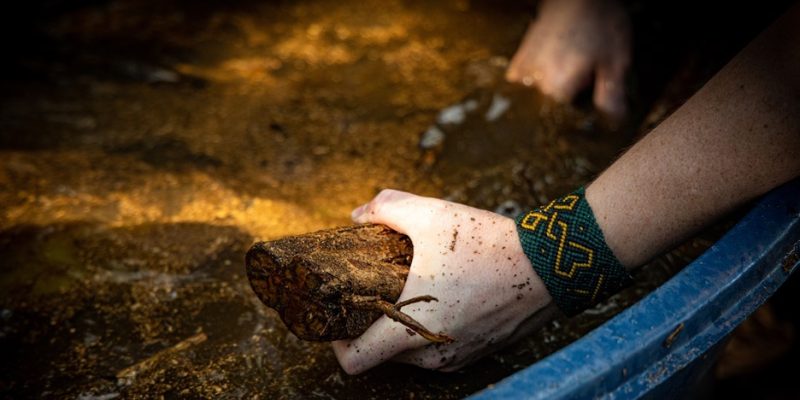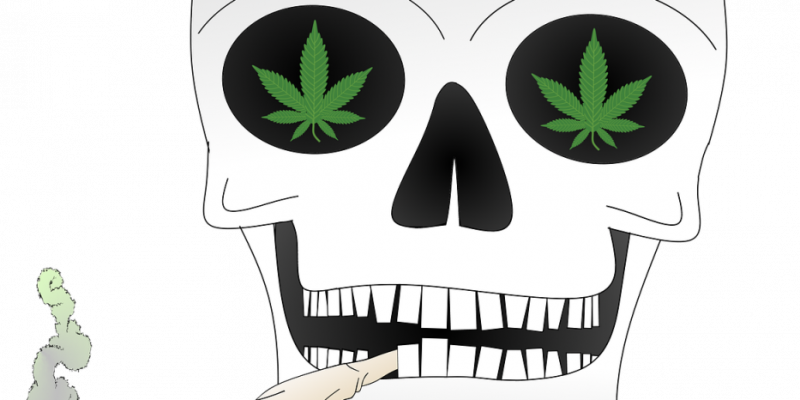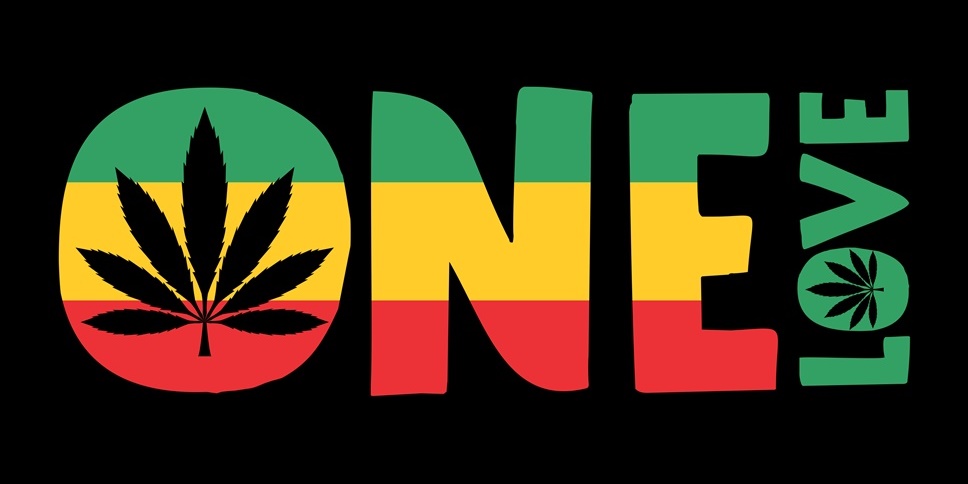
Rastafari — Rasta Fari or Rastafarianism — is an Afrocentric religion and social movement that developed in Jamaica in the 1930s. Practitioners are called Rastafari, Rastafarians, or — perhaps more popularly known — Rastas. The religion currently has a presence in many parts of the world.

The beliefs of the Rastafari are based on an interpretation of the Holy Bible, while Haile Selassie, the emperor of Ethiopia between 1930 and 1974, is believed to have either been an incarnation of Jesus Christ and Jah (Jahweh i.e. God the Father) or alternatively an important prophet.
Typical characteristics of the Rasta religion include the recognition of Jah’s presence as Sacred Energy and Life Force in every individual, adhering to a natural lifestyle (for instance, eating natural foods and growth of natural hair), specific clothing and colors, universal love, a natural diet (Ital diet), communal meetings i.e. groundings that are characterized by prayer, meditation, Rasta music (considered to have healing properties), chanting, drumming, discussions, and smoking of Cannabis.
Reggae Music
Reggae Music is a musical genre that originated in Jamaica in the 1960s. The style evolved out of the earlier genres Ska and Rocksteady (both latter genres also originate in Jamaica). Reggae lyrics usually relate news, social gossip, political commentary, social issues, and Rastafari themes.
One of the most emblematic figures of Rastafari was without any doubt the Reggae artist Bob Marley, who is by many considered responsible for having introduced and popularized Rastafari related themes to a universal audience around the globe.
Mind, however, that Reggae Music is not intrinsically part of the Rastafari religion, although Reggae became an important vehicle of both social criticism and Rastafari messages and concepts and — notably in its earlier development — was widely practiced by Rasta musicians.
Cannabis i.e. Ganja
Cannabis consumption is considered an important beneficial sacrament within the religion, and as such its use has an entheogenic function for Rastas.

Within the Rastafari community, Cannabis is usually called Ganja or Marijuana.
Rastas typically avoid mainstream scientific medicine and prefer utilizing herbal medicine for healing purposes, notably teas, herbal compresses, and food, often with Cannabis as an ingredient. Note that not all Rastafaris use Marijuana.
By Rastafaris, it’s thought that using Cannabis is encouraged in the Bible. They consider the herb to contain healing properties, one that also induces feelings of peace and love, and stimulates personal introspection and wisdom. Some Rastas also believe that the Cannabis smoke (when used as incense) has purifying properties.
Smoking Ganja as a religious sacrament (alone or in a group) is usually done in the form of a large, hand-rolled cigarette, which is accompanied by preliminary prayers to Jah. Ganja may also be smoked by using a water pipe.

